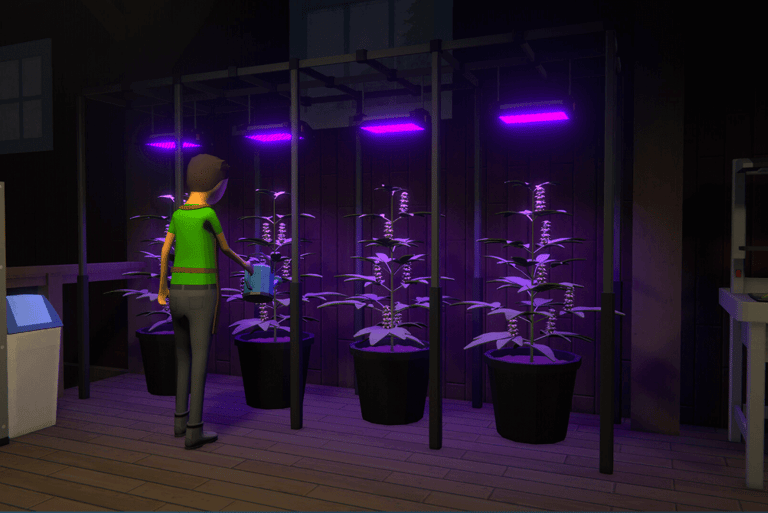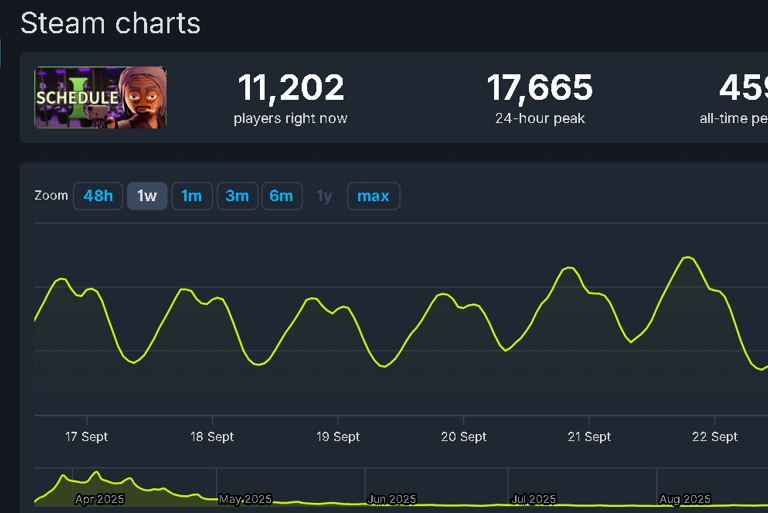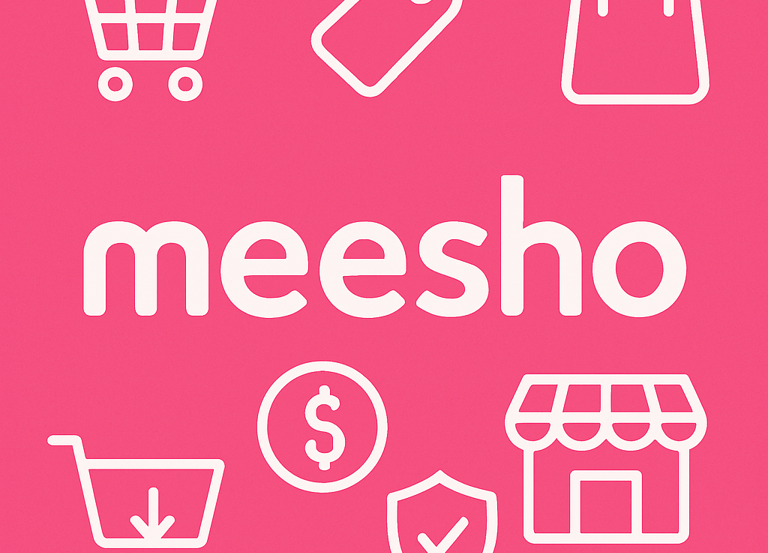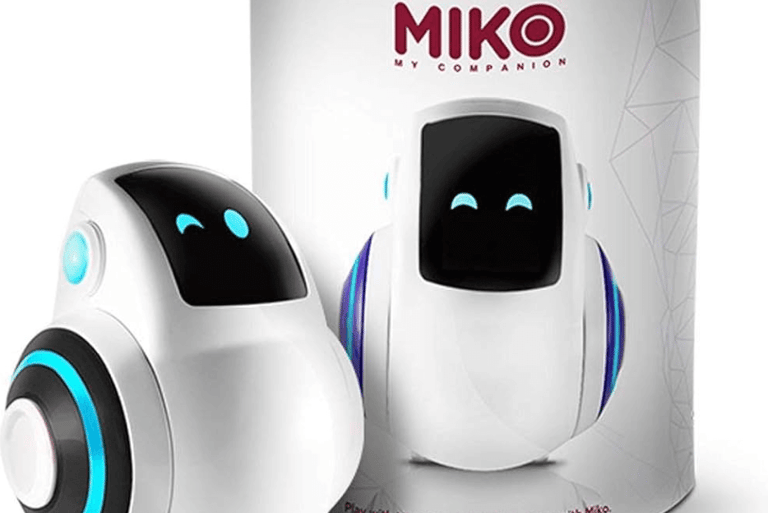Built from Scratch: Unbelievable Startup Journeys
Startup. Millionaires. Billionaires.
Buzzwords we’ve all heard, maybe even been inspired by. Stories that spark ambition and make us dream of building something great. But then reality hits you realize you don’t have the skills, the experience, or the resources that so many of those “success stories” boast about.
What I want to share today is different. These aren’t tales of golden ideas falling from the sky or overnight fortunes. These are journeys carved out of struggle battles with failure, resilience through uncertainty, and a relentless climb against the odds.
Here are five startup journeys that truly came from nothing… and rose all the way to the summit.
Schedule 1
Ever heard of it? Maybe yes, maybe no.
So what is it? A company?
Nope. It’s a game.
Now usually, games are made by armies of developers running on caffeine and broken sleep cycles. But not this one. Schedule 1 was made by a single guy. A passion project. Not even a full-time dev just a dude who thought, “Why not?”
And it’s not AAA. No cinematic cutscenes. No revolutionary mechanics. Just simple graphics, a gritty story, and surprisingly fun gameplay.
Here’s the setup:
You’re a broke drug dealer in a new city. No cash, no product, no friends. Just you, the streets, and a dream of building an empire while dodging cops and rival cartels.
Sounds wild, right? Players loved it. The game exploded climbing past big-budget titles that spent more on trailers than this guy did on coffee.
Millionaire overnight? Nope.
It was years of patience, trial, and late nights finally paying off.
One guy. One game. One empire built from nothing.


Sleepy owl Coffee
Maybe you’ve sipped it. Maybe you’ve just scrolled past it on Instagram. Either way, this isn’t your average coffee story.
So… what’s the deal? Is it a huge company with a giant team of coffee scientists?
Nah. This is a startup born from a tiny kitchen and big dreams.
Three friends in Delhi thought: “Why settle for boring coffee when we can make something amazing and convenient?” And just like that, Sleepy Owl Coffee was born — with cold brew, instant blends, and a whole lot of caffeine-fueled ambition.
Here’s the kicker: they didn’t start in a fancy lab or with a million-dollar funding round. Nope. It was a small apartment, some makeshift equipment, and lots of trial and error. Experimenting with flavors, packaging, and brewing methods until they got it right.
They didn’t invent a new type of coffee or some revolutionary gadget. What they did was make coffee that people actually wanted to drink — delivered straight to your door. Millennials, busy urbanites, sleepy students… everyone got on board.
Fast forward a few years:
From kitchen experiments → D2C brand
From Instagram posts → retail stores and cafes
From small batches → multi-million-dollar funding rounds
Patience, persistence, and a love for coffee turned this humble side project into a household name.
Moral of the story: You don’t need a fancy lab, a massive team, or a billion-dollar idea to make something people love. Just a good product, a little grit, and some sleepless nights.


official steam page:https://store.steampowered.com/app/3164500/Schedule_I/
offcial webite:meesho.com


Statistics from steamcharts.com
Meesho (Social Commerce)


You’ve probably heard this name a thousand times by now. Yup, the same e-commerce giant whose ads have invaded your phone, your YouTube, and maybe even your dreams. But here’s the real question: how did it all start?
Surprisingly… pretty simple. Two IIT Delhi grads Vidit Aatrey and Sanjeev Barnwal came together with a straightforward idea: “What if we could give small shops a chance to sell online?” That’s it. No crazy tech breakthrough, no billion-dollar seed fund. Just a vision to connect local markets to the digital world.
And here’s the wild part: it worked. Even though giants like Amazon and Flipkart were already dominating, Meesho carved out a space by focusing on something the big guys missed small sellers, housewives, and traditional businesses.
The app was mobile-first, simple to use, and didn’t require you to be a full-time business owner. If you could produce something, you could sell it. This gave a huge boost to small entrepreneurs especially women who suddenly had a platform to grow businesses from scratch.
offcial webite:meesho.com
Miko


offcial webite:meesho.com
miko hmm? a new name or maybe you must have heard it if you have kids or a younger sibling. so toys is what you mean? nah common .
miko is build upon the idea and concept that booms today and that ia Robotics.miko was founded by 3 students yup 3.s if you are wondering what kinda robot did they make that was so revolutionary,.... wait hold on,there was no such revolutionary thing but a simple vision, so basically before 2020 when this whole robitics was kinda more like a sifi thing than an actual industry you could not do much in robtics aside from bulding basic stuff.so they made this basic stuff into a full blown educationall product for kids.yup basically they made that one thing that we ask for our entire school life hands on pratical knowledge and projects that you can start as kid ...sigh jealousy...
anyways so ya they listened and made it possible people liked it and the grew simple.
Revenue in FY24: ₹358 crore (India) vs ₹226 crore in FY23. That’s ~58% YoY growth. Entrackr
Product sales (robots) contributed ₹329 crore, subscription / content revenue jumped massively (29×) from ₹1 crore to ₹29 crore in FY24. Entrackr
Loss in FY24: ~₹120 crore (expenses rose significantly). Entrackr
Valuation: ~$206 million (~₹1,711 crore) after a funding round where they raised about ₹20.5 crore (~US$2.5M) from angel investors. sharkbuzz.co.in+1
Also in 2025, they are planning a larger Series D funding round of ₹1,325 crore (~US$155 million).
In FY24, Meesho grew revenues to ₹7,615 crore (~US$1B+ region depending on currency) with operational revenue up ~33%. The Times of India
Losses narrowed sharply in FY24: from about ₹1,569 crore to ₹53 crore (adjusted). The Times of India
They reported positive free cash flow of ₹232 crore in FY24. The Times of India
They are preparing for an IPO in 2025 targeting raising about ₹4,250 crore (~US$500M) through the IPO. The Times of India+3Reuters+3The Economic Times+3
Latest valuation/market‐estimate: ~$3.9B (down from peak ~$5B) according to some startup databases. Financial Times+2Tracxn+2
Explore More
Explore more topics ..and dive into chaos
Dark Fanatsy novels








